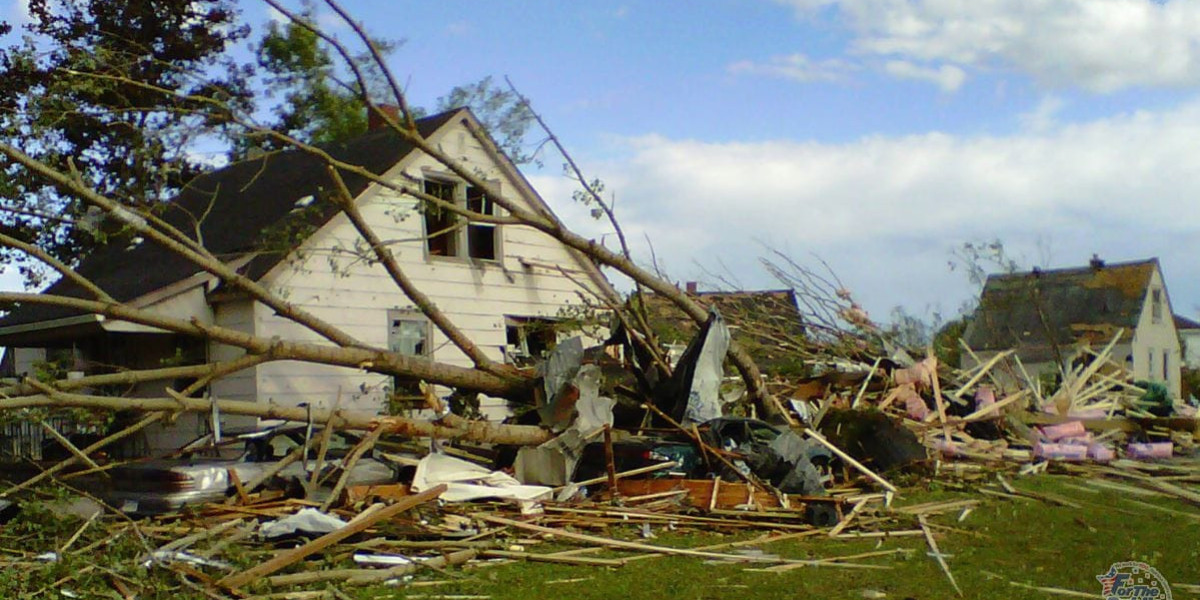Natural disasters like hurricanes can wreak havoc on homes and communities, leaving behind a trail of destruction and devastation. In the aftermath of such a catastrophic event, homeowners often turn to their insurance policies for financial relief to rebuild and recover. However, navigating the process of filing a hurricane claim can be overwhelming, especially when dealing with the complexities of insurance policies and procedures. In this article, we'll provide a comprehensive guide to understanding hurricane claims, from the basics of hurricane insurance to tips for maximizing your claim.
Introduction to Hurricane Claims
Hurricane claims refer to insurance claims filed by homeowners to cover damages caused by hurricanes and related perils such as high winds, storm surges, and flooding. These claims are typically covered under homeowners' insurance policies, although coverage may vary depending on the policy terms and the severity of the damage.
Understanding the Basics of Hurricane Insurance
Before delving into the claims process, it's essential to understand the basics of hurricane insurance coverage. Most standard homeowners' insurance policies provide coverage for damage caused by windstorms, including hurricanes. However, coverage for flood damage caused by hurricanes is usually not included in standard policies and requires a separate flood insurance policy.
Steps to Take After a Hurricane
Assessing Damage
The first step in filing a hurricane claim is to assess the damage to your property. Conduct a thorough inspection of your home and document all visible damage, including structural damage, roof leaks, water intrusion, and damage to personal belongings.
Documenting Losses
It's crucial to document your losses meticulously to support your insurance claim. Take photographs or videos of the damage, make a list of damaged or destroyed items, and gather any receipts or invoices related to repairs or replacements.
Contacting Your Insurance Company
Once you've assessed the damage and documented your losses, contact your insurance company to initiate the claims process. Provide them with all the necessary information and documentation, including your policy number, a description of the damage, and any supporting evidence.
Filing a Hurricane Insurance Claim
Required Documentation
When filing a hurricane insurance claim, you'll need to submit various documents to support your claim, including:
Proof of loss
Repair estimates
Receipts for temporary repairs
Documentation of additional living expenses (if applicable)
Deadlines and Timeframes
It's essential to adhere to any deadlines or timeframes specified by your insurance policy for filing a hurricane claim. Failure to do so could result in the denial of your claim or delays in processing.
Working with Adjusters
Insurance companies typically assign adjusters to assess the damage and determine the value of your claim. Be cooperative and provide them with access to your property and any relevant documentation. However, it's also essential to advocate for yourself and ensure that your interests are represented during the claims process.
Common Challenges in Hurricane Claims
Despite your best efforts, you may encounter challenges during the hurricane claims process, including:
Disputed Claims
Insurance companies may dispute claims for various reasons, including coverage limitations, policy exclusions, or disagreements over the cause or extent of the damage.
Delayed Payments
Delays in processing claims are not uncommon, especially in the aftermath of widespread disasters like hurricanes. However, prolonged delays can exacerbate financial hardships for homeowners trying to rebuild their lives.
Underpaid Claims
Some insurance companies may offer settlements that are insufficient to cover the full cost of repairs or replacements, leaving homeowners with out-of-pocket expenses.
Tips for Maximizing Your Hurricane Claim
Know Your Policy
Review your insurance policy carefully to understand your coverage limits, deductibles, and any exclusions that may apply to hurricane-related damage.
Keep Detailed Records
Maintain detailed records of all communications with your insurance company, including emails, letters, and phone calls. Keep copies of all documentation related to your claim, including estimates, receipts, and invoices.
Consider Hiring a Public Adjuster
If you're struggling to navigate the claims process or feel that your insurance company is not offering a fair settlement, consider hiring a public adjuster to represent your interests. Public adjusters are licensed professionals who can help you negotiate with your insurance company and maximize your claim.
The Importance of Patience and Persistence
Filing a hurricane claim can be a lengthy and frustrating process, but it's essential to remain patient and persistent. Stay organized, stay informed, and don't hesitate to seek assistance if you encounter challenges along the way.
Conclusion
Navigating the process of filing a hurricane insurance claim can be daunting, but with proper preparation and persistence, homeowners can maximize their chances of receiving fair compensation for their losses. By understanding their policy coverage, documenting losses, and advocating for themselves during the claims process, homeowners can rebuild and recover in the aftermath of a hurricane.








